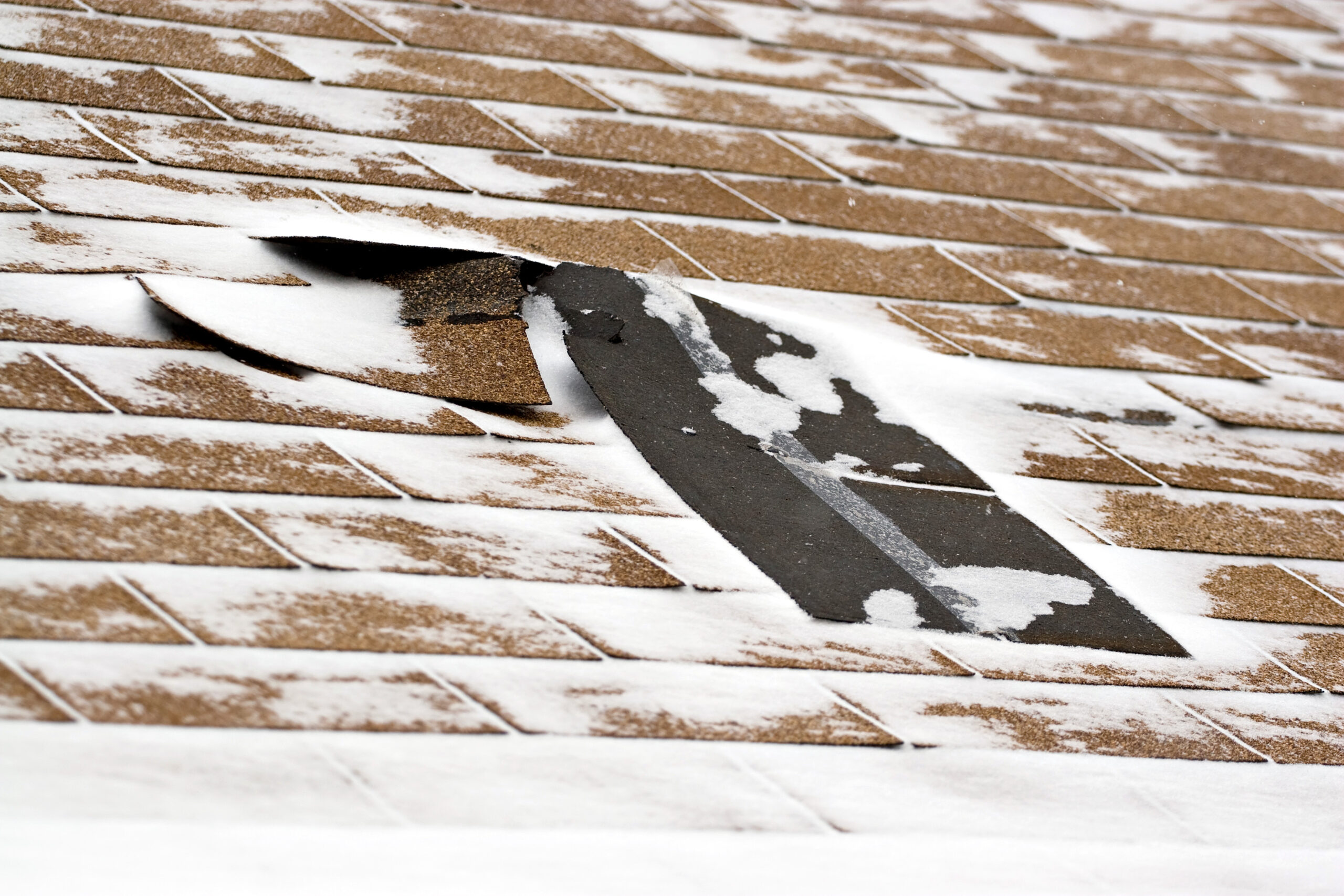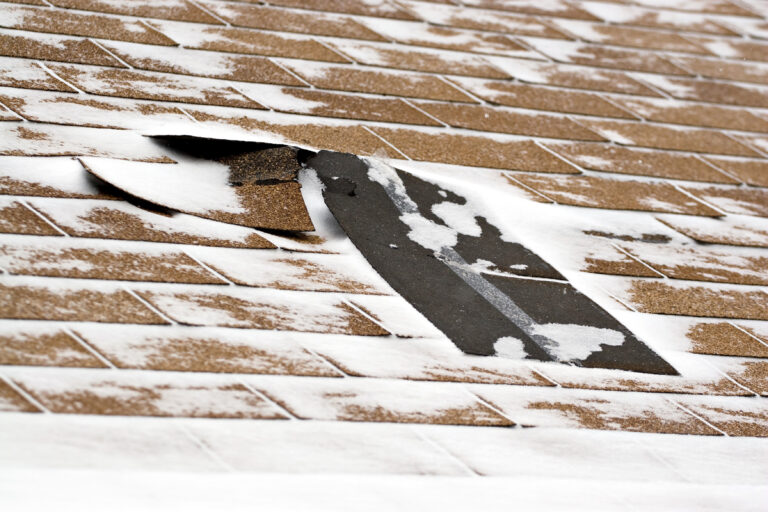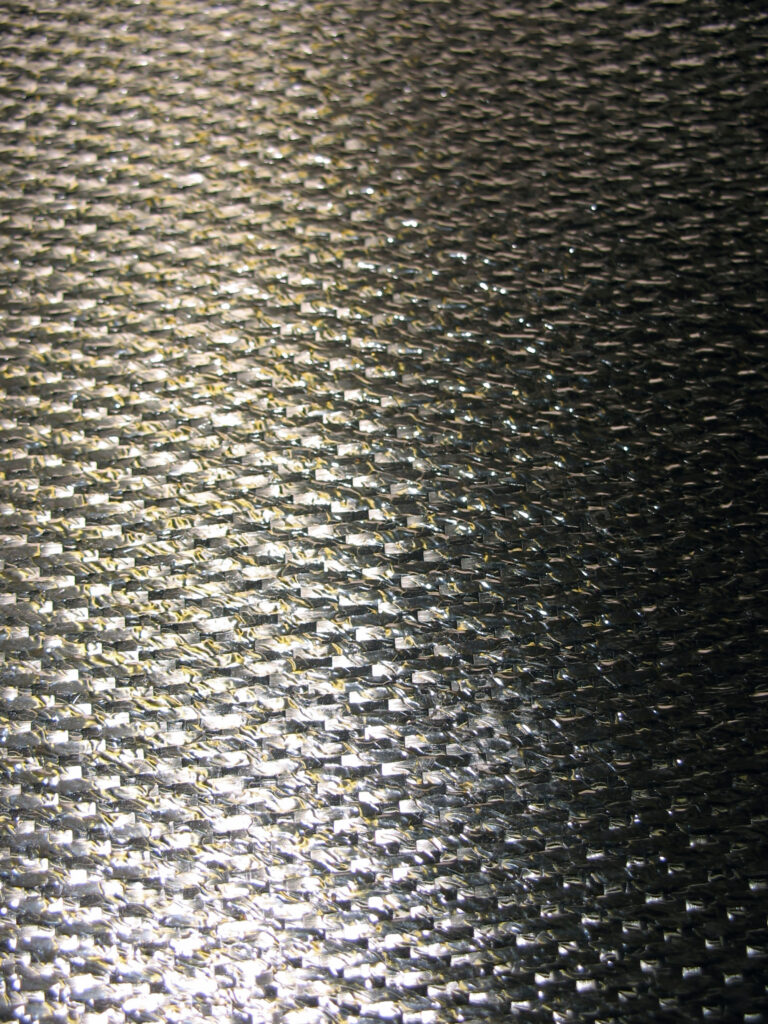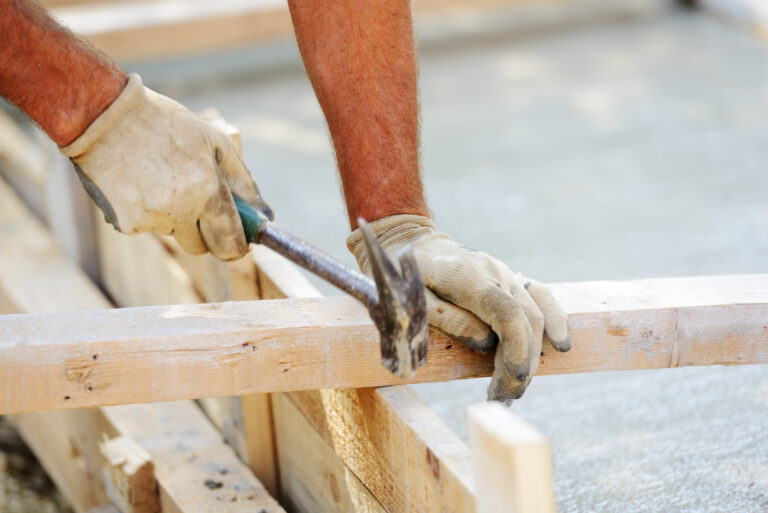Mold Exposure Symptoms: Are You at Risk? The Surprising Ways Mold Impacts Your Body
Did you know that mold exposure can cause a range of health problems, from respiratory issues to neurological symptoms? Many people are unaware of the dangers of mold and how it can impact their body. In this article, we’ll explore the common health problems caused by mold exposure, as well as the surprising ways in which mold can affect your overall health.
Introduction to Mold Exposure Symptoms
Molds are fungi that grow in moist environments such as bathrooms or basements. When mold spores become airborne, they can be inhaled by humans and animals, leading to a variety of health problems. Common symptoms of mold exposure include respiratory issues like coughing, sneezing, and difficulty breathing. Other symptoms may include headaches, fatigue, skin rashes, and digestive problems.
Common Health Problems Caused by Mold Exposure
One of the most significant risks associated with mold exposure is its ability to trigger allergic reactions. People who are sensitive to mold may experience an array of allergy-related symptoms including runny nose, congestion, and itchy eyes. Additionally, some studies suggest that long-term exposure to mold may increase the risk of developing certain types of cancer, particularly lung cancer.
The Surprising Ways Mold Impacts Your Body
While many people associate mold primarily with respiratory issues, there are other unexpected ways in which mold can impact your body. For example, research suggests that exposure to mold may contribute to the development of autoimmune disorders like multiple sclerosis (MS) and lupus. Mold has also been linked to cognitive impairment, including memory loss and difficulties with concentration.
How to Detect and Prevent Mold Growth in Your Home
Detecting mold growth in your home can be challenging since it often occurs in hidden areas like behind walls or under flooring. However, signs of mold growth may include musty odors, visible patches of mold on surfaces, and water damage. To prevent mold growth, it’s essential to maintain good indoor air quality by controlling humidity levels and fixing any leaks or plumbing issues promptly. Regular cleaning and maintenance can also help keep mold at bay.

Conclusion: Taking Action Against Mold Exposure

If you suspect that you or someone in your household is experiencing health problems related to mold exposure, it’s crucial to take action immediately. This may involve consulting with a medical professional and having your home inspected for mold. By taking proactive steps to identify and address mold-related health concerns, you can protect yourself and your family from potential harm.






